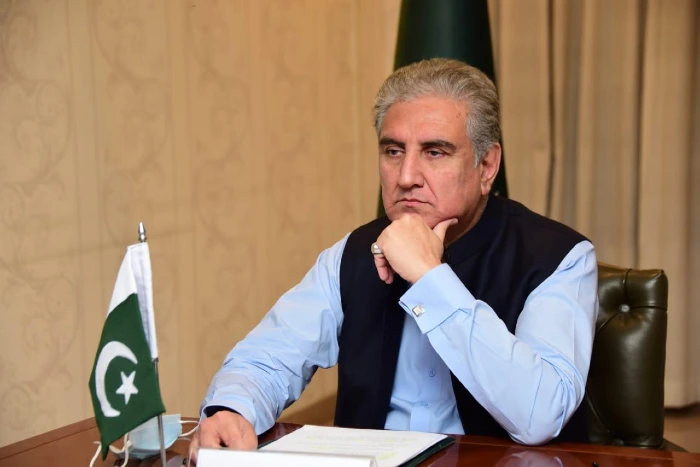By Atul Aneja and Ateet Sharma
Pakistan’s hand in forming a Taliban government, with known international terrorists as ministers, has upset Iran, Qatar and Turkey — key supporters in the region of a political transition in Afghanistan.
A visibly angry Iran, which shares historical ties with Afghanistan’s non-Pashtun ethnic and religious groups, has continued to vent its opposition to Pakistan ISI’s attempt to pilot a new government in Afghanistan, and launch an all-out war against the ethnic Tajiks in the Panjshir valley.
The head of Iran’s National Security Council, Ali Shamkhani wrote on his Twitter account on Wednesday that formation of an inclusive government, end to foreign intervention, dialogue instead of military action, and meeting the aspirations of the Afghanistan ethnic and social groups are a must to bring peace to Afghanistan.
Shamkhani’s remarks follow the use of Pakistani drones and helicopters on Sunday to quell anti-Taliban resistance forces, which have staged an uprising in the Panjshir valley.
With Sunday as the turning point in the hardening of its stance, Iran’s special envoy for Afghanistan Mohammad Ebrahim Taherian said that peace and stability can be established in Afghanistan only through the formation of a broad-based government in that country.
"Peace and calm in this country is impossible to take hold unless through establishment of an inclusive and broad-based government with the participation of all ethnic groups," he said during a virtual meeting with special envoys from neighbouring countries of Afghanistan.
He added that Iran’s Foreign Minister Hossein Amir Abdollahian held phone calls with his Chinese and Russian counterparts and agreed to hold a virtual meeting at the ministerial level of Afghanistan’s neighbouring countries, Iran’s Fars News Agency reported.
Significantly, Esmayeel Qa'ani, the head of Iran’s Al Quds force, which has intervened in Syria and Iraq, has also briefed parliamentarians in a closed-door meeting on the situation in Afghanistan.
Analysts say that the meeting could be the precursor of a more potent material support for the resistance forces. Qa’ani’s briefing follows Supreme Leader Ayatollah Seyed Ali Khamenei's instruction that Iran cannot remain indifferent to what is happening in its Eastern neighbour, Fars reported.
Meanwhile Turkey, which had earlier said that it "welcomed" the messages given by the Taliban and remains in dialogue with all sides in Afghanistan, is now emphasising that the world should not be in a hurry to recognise the Taliban government.
In an interview with Turkish news channel NTV on Tuesday, the country's Foreign Minister Mevlut Cavusoglu said that an "inclusive government" is required in Kabul so that Afghanistan does not drift into civil war once again.
"We should not be hasty in this matter. The world should not be in a hurry either. Balance is needed here. This is how we act as Turkey. Government needs to be inclusive. If there is only the Taliban in government, people from other ethnic groups are indispensable. Women need to be included," said Cavusoglu.
Qatar, which has been engaged in the Afghan peace process for long and now also houses diplomats of several countries who have been relocated from Kabul, had also called for a comprehensive political settlement in Afghanistan which would include all Afghan parties.
Last week, Qatar's Deputy Prime Minister and Minister of Foreign Affairs Sheikh Mohammed bin Abdulrahman Al-Thani had said that the issue of international recognition of the Taliban government "is not an emergency issue", noting that the issue of communication with the Taliban is the most important factor right now which the friendly and allied countries should stress on.
Also Read: Panjshir attack pits Iran against Pakistan’s ISI, changes regional equations
Also Read: Panjshir resistance declares guerrilla war against the Taliban, says the new government is illegal
Also Read: Pakistan’s ISI strings a new Taliban-led government in Afghanistan




















